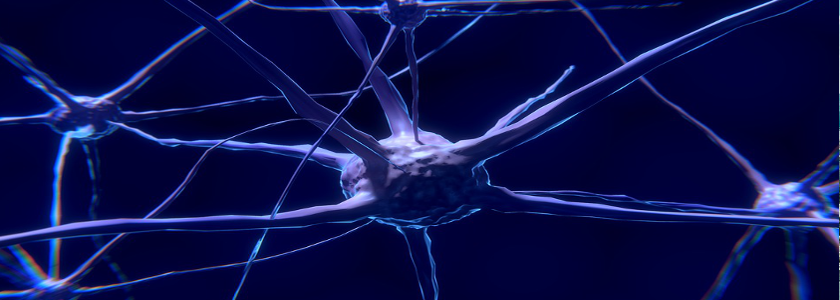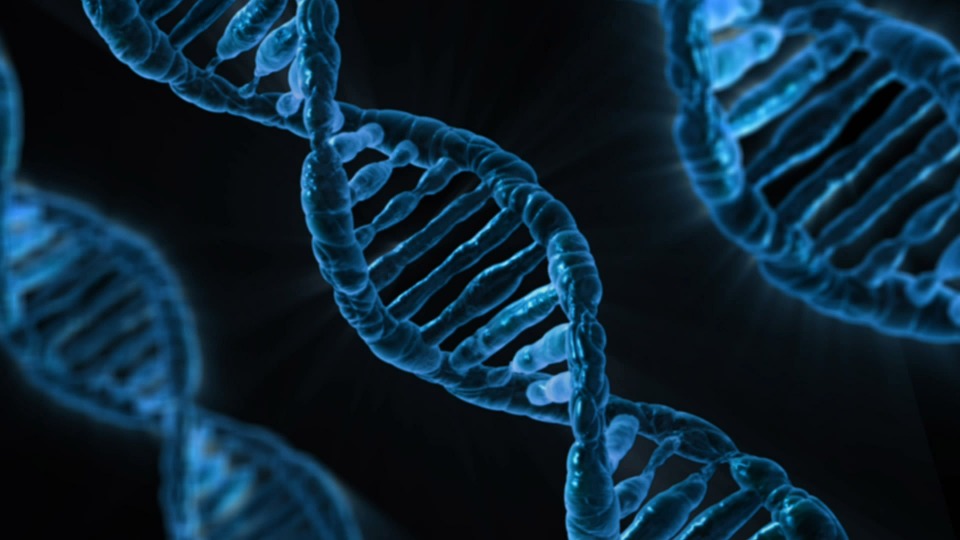Physics and Astronomy
Physics is the branch of the natural sciences dedicated to the study of matter and energy, and their basic interactions to the most fundamental levels of the nature. It also investigates the motions of particles and radiations through space and time. The physical objects range from the tiniest fundamental subatomic particles to the largest structures of the universe. Physics is the basic framework for the greatest developments of modern life’s new technologies.
Astronomy is the science for the studies of the celestial objects and phenomena. It is considered to be the oldest of the natural sciences. It applies several concepts and techniques from mathematics, physics, and chemistry in the effort to explain the origin and the evolution of the astronomical objects, which include: stars, planets, moons, comets, asteroids, galaxies, among other more exotic ones like black holes, neutron stars, supernovae, or quasars. The birth, evolution, and destiny of the universe as a whole are part of a related but distinct subject: the cosmology.
Biomedical Science
The field of biomedical and health sciences involves the research and development of technologies for life sciences, health biotechnology, especially human health, as well as clinical applications with such technologies. As a multidisciplinary field, it deals with the study of the physiology and pathophysiology of diseases, as well as the development of tools in biotechnology that promote the diagnosis, treatment and prevention of these diseases, focusing on non-invasive methods.
Environmental Science
The Environmental Science field promotes the undergraduate and graduate student's ability to analyze, interpret, identify dynamics and intervene in processes of urban systems, environment and their interactions. In the framework of integrated actions to improve the quality of the environment and the urban landscape, management of environmental sanitation and mobility management; To act within the framework of integrated actions to improve indicators of public health and environment; Applications of geoprocessing technologies as a subsidy for understanding, analysis and relevant propositions to their attributions and education, in addition to acting in the field of scientific and technological research. Furthermore, the field relates to the waste energy use as part of Energy and Environmental Engineering, and its main objectives are to characterize solid waste and effluents from a wide range of sources and to study the technologies and process parameters that allow the energy utilization of these waste and effluents. The characterization of the residues from these processes provides a basis for decision making on environmentally correct and sustainable final disposal methods.
Neuroscience
Neuroscience is the branch of science dedicated to the study of the nervous system. Topics include the structure, mechanisms and resulting functionality in the central and peripheral nervous systems, at all levels from the molecular to the macroscopic scale, up to behavior and cognition. Neuroscientific findings are based on in vitro methods, clinical studies, many types of imaging and electrophysiological methods, (opto-)genetic engineering, observation and invasive or non-invasive experimental intervention in humans and non-human animals, as well as mathematical and computational modeling. Modern neuroscience is a highly interdisciplinary endeavour, integrating levels of understanding of neural structure, function, and behavior or cognition, through the concomitant application of multiple methods to understand phenomena of the nervous system.”
Biochemistry and molecular biology
Biochemistry covers the study of biomolecules, which is the molecular components of living beings, regarding its structure, supramolecular interactions, metabolism and properties, including the catalytic ones. Metabolism includes all enzymatic reactions that operate in a coordinated and controlled way in the processes of synthesis and degradation of biomolecules. Due to its recent development, the denomination Molecular Biology is used to refer to the specific study of the structure, activity and manipulation of the genetic material. Nowadays, the study of biochemistry has gained relevance beyond the limits of biological systems since there are technological applications of biomolecules in sensors, solar cells, fuel bio-cells, advanced materials, among others. UFABC develops researches in the different areas described above and proposes new ways of interaction within the fields of physics, chemistry and materials.




